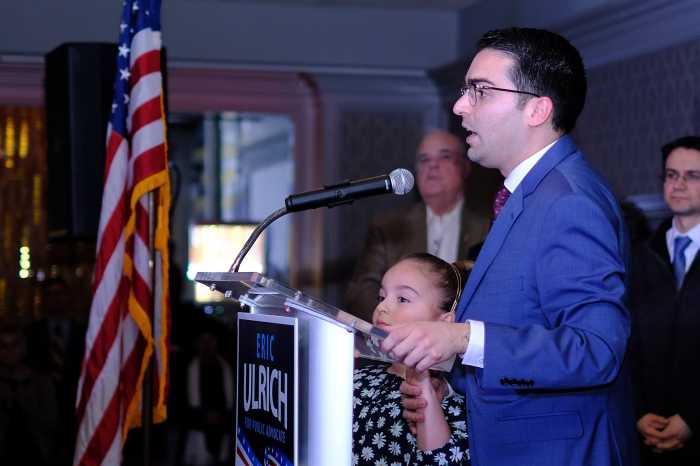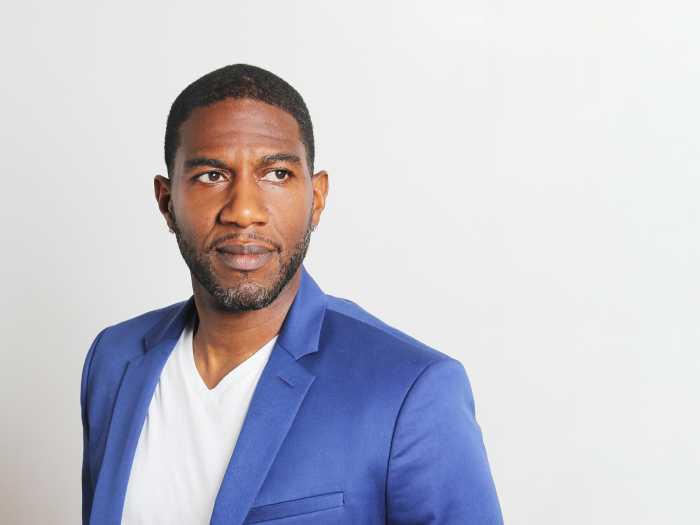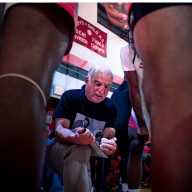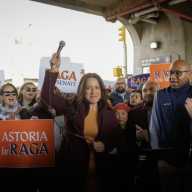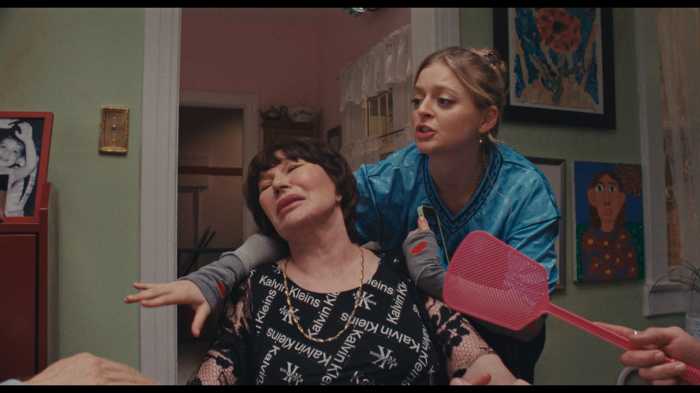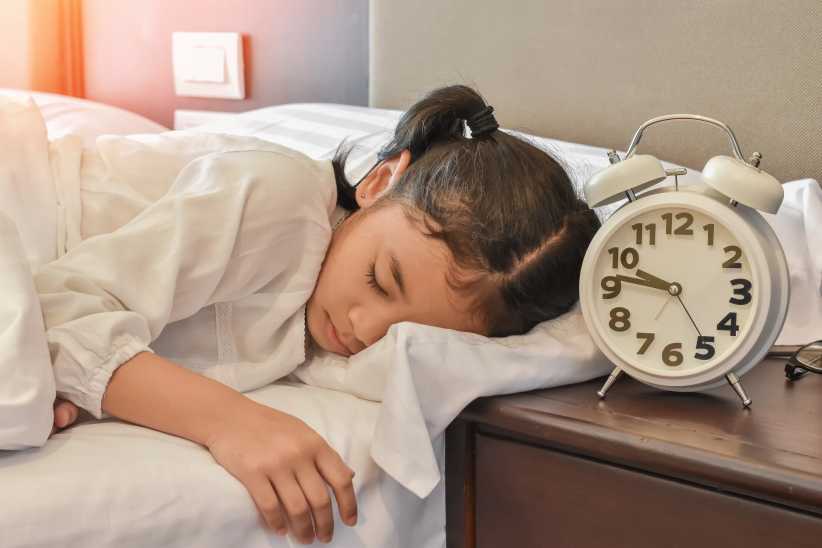Voters in City Council District 31 headed to the polls Tuesday morning to vote in New York City’s second test of ranked-choice voting.
The special election to fill the seat left vacant by now-Queens Borough President Donovan Richards may be the city’s first true test of the new voting system. The first election to use RCV was the special election in District 24 earlier this month but it did not make use of the system’s run-off procedures because winner Councilman James Gennaro received over 60 percent of the vote.
With nine candidates – Nancy J. Martinez, Selvena N. Brooks-Powers, LaToya R. Benjamin, Latanya Collins, Sherwyn A. James, Nicole S. Lee, Pesach Osina, Shawn Rux and Manuel Silva – running to represent the district, it’s possible one candidate doesn’t receive over 50 percent of the vote after the first round of counting is completed. If that happens, the election will go into a runoff.
Low turnout ‘to be expected’
In-person turnout appeared low Tuesday morning, with few voters trickling in before 9 a.m. at polling sites, including Arverne Pilgrim Church where Brooks-Powers, who received endorsements from both Richards and the Queens County Democratic Party, cast her ballot.
“Special elections often have low turnouts, so it is to be expected,” Brooks-Powers said.
All morning, Rux, a candidate in the race, had been making the rounds at poll sites throughout the district and what he’s seen hasn’t been promising.
“I haven’t seen a steady flow of traffic,” he said. “I’m hoping that more people show up throughout the remainder of the day.”
At one point during the morning while campaigning outside of one poll site, he encountered a person who didn’t even realize there was a special election happening.
“We’re standing out there with our team and the guy says ‘What’s happening today?’” Rux said. “That’s not the first time I’ve had that conversation.”
Rux said that he’s going to spend the rest of his day visiting poll sites and encouraging people to vote.
“We want people to vote for Shawn Rux but more importantly than that, I want people to just exercise their right to vote,” he said.
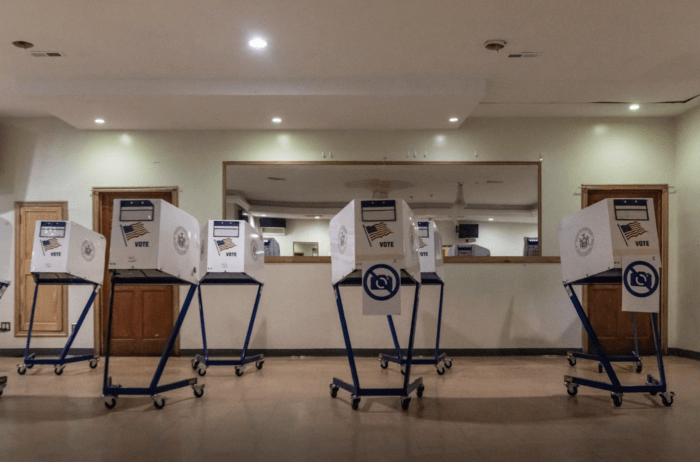
At P.S. 215 Lucretia Mott in Far Rockaway, poll workers said they only had seen 78 voters by noon on Tuesday.
Turnout was also low during the election’s early voting period, which ran from Feb. 13 until Feb. 21.
A little over 1,700 people cast ballots early in the district, which encompasses Arverne, Brookville, Edgemere, Far Rockaway, Laurelton, Rosedale and Springfield Gardens, with the largest number of votes being cast on Sunday, Feb. 21, the final day to vote early.
The same was true during the Feb. 2 special election in District 24, when over half of the early votes were cast on the last day to do so.
More ranked-choice voting education needed
For some, including Rux and Brooks-Powers, the city has a long way to go before voters feel confident using ranked-choice voting, which sees voters rank their top five candidates in order, one through five.
“I’m still pretty concerned,” Brooks-Powers said. “I don’t feel enough was done in terms of educating the public about it. So, I guess we’ll see what the end result is from it. I’ve heard mixed reviews. Some people I’ve spoken to said, I’m not doing it, I don’t understand it. They are going to vote, but for just one candidate as opposed to ranking.”
Rux said he’s concerned about ranked-choice voting but that it’s out of their hands.
“It’s what it is. It’s what we got to go by,” he said. “Definitely a new and interesting process that – we’ll see how it pans out.”
If no candidate receives over 50 percent after all ballots are counted, the ranked-choice voting process will begin. The candidate who tallies the fewest first choice votes will be eliminated and the ballots in which they ranked first will be redistributed to the candidate the voter ranked second. The process will repeat itself until a candidate has at least 50 percent of the vote.
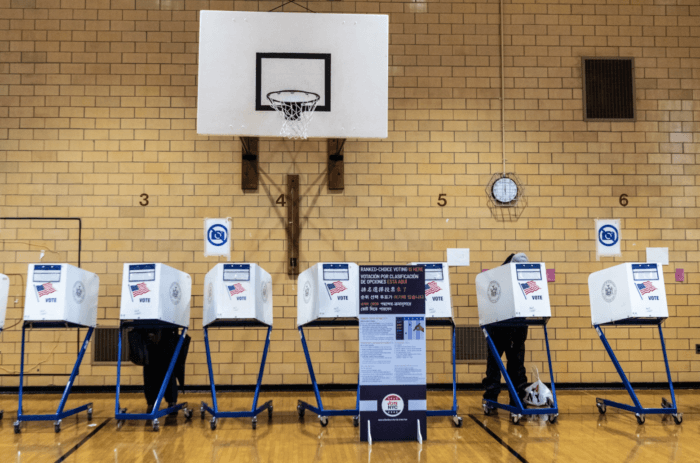
Silva, a candidate in the race who formerly served as Richards’ chief of staff, said he’s worried that some voters aren’t filling in their ballots properly and are at risk of not having their vote counted.
When he cast his own vote this morning, he said he was told by a poll worker that if he filled out the same candidate for all of the rankings, the ballot would be bounced back and he’d have to do it over. However, he’s gotten photos from supporters of their ballots where they’ve done just that – fill out five bubbles in a row next to his name.
“No one said, ‘Oh, I had to redo my ballot after I did that,’” he said. “I want to make [sure] every vote is counted, even if people selected the same candidate five times.”
According to Brooks-Powers, the two Queens special elections have been referred to as “guinea pigs” by people educating the public on the voting system.
“I find that problematic, obviously,” she said. “These are races that will impact the day-to-day quality of life of hundreds of thousands of people.”
Special election resources
For a voters guide on the race, click here. To learn more about the candidates, click here. To find out where to vote today, click here.
Additional reporting by Gabriele Holtermann.
This story was updated at 3:30 p.m., on Tuesday, Feb. 23, 2021. Check QNS throughout the day to get updates on the race.



